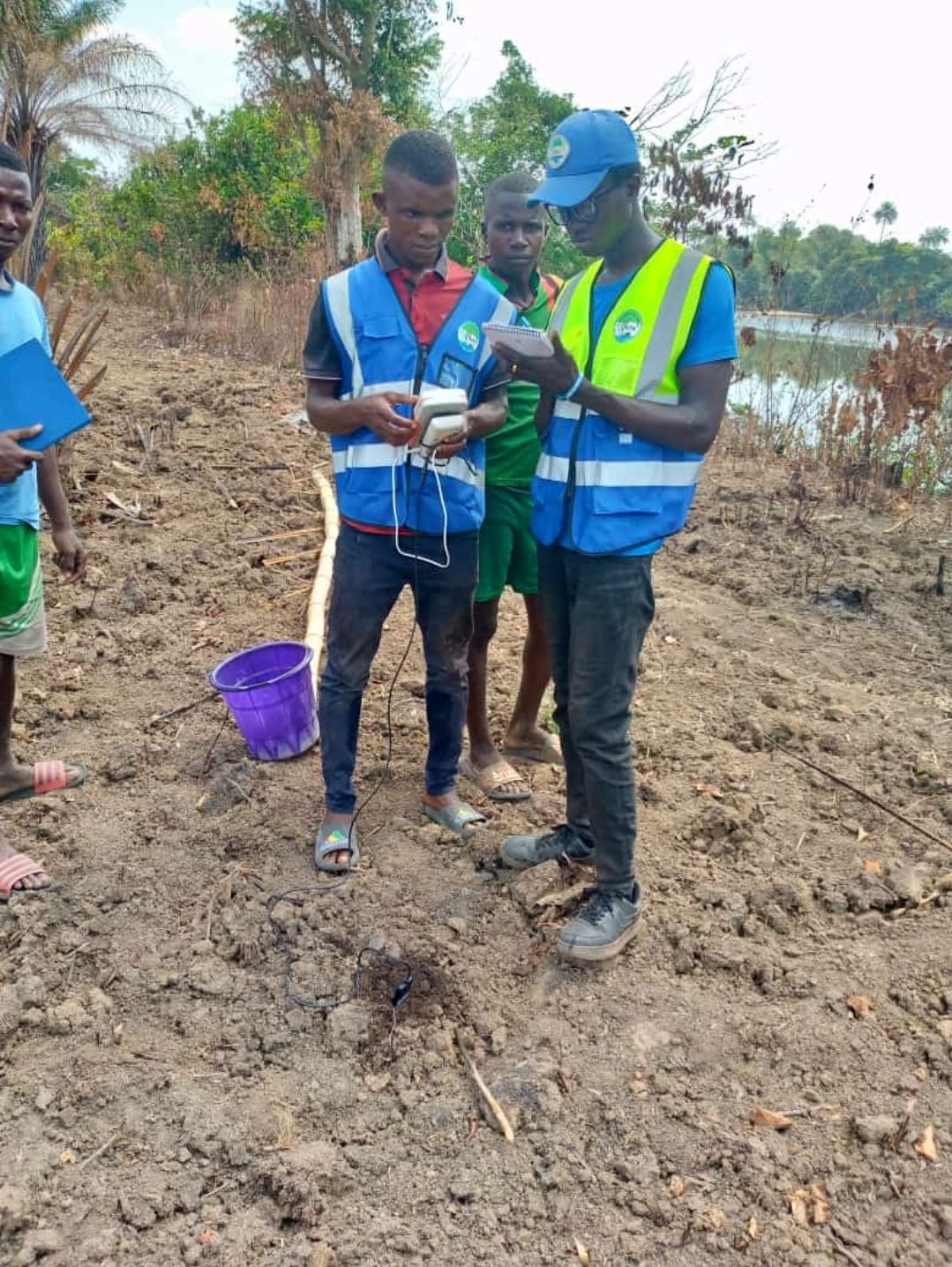Empowering Sierra Leonean Youth with Practical Agricultural Training
Introduction to Youth Empowerment in Agriculture
Sierra Leone is a country with vast potential in the agricultural sector. With fertile lands and a favorable climate, agriculture can play a pivotal role in driving economic growth and providing employment opportunities. However, realizing this potential requires empowering the youth with practical agricultural training that equips them with the skills and knowledge needed to transform the industry.

The Importance of Practical Training
SILFA, we believe that real learning happens in the field. While classroom knowledge is important, it’s the hands-on experience that truly helps young people grow in agriculture.
Practical training gives youth the chance to learn by doing—whether it’s planting, managing crops, setting up irrigation, or controlling pests. This kind of training builds confidence, improves decision-making, and helps them understand how to handle real farm challenges.
Our programs are designed to take learning beyond theory. Trainees work directly on the farm, manage crop cycles, monitor plant health, and use modern tools and techniques. They don’t just hear about farming—they actually farm.
This approach bridges the gap between what is taught in books and what is needed in real agricultural life. It also encourages innovation and problem-solving, which are key for success in today’s world of smart farming

Key Areas of Focus in Agricultural Training
To make our training effective and impactful, SILFA focuses on several key areas that equip youth with the practical skills and mindset needed to succeed in modern agriculture:
Sustainable Farming Practices
We teach environmentally friendly techniques such as crop rotation, composting, and integrated pest management. Our goal is to help youth protect the soil, conserve water, and farm in a way that supports long-term food security.
Modern Technology Use
Trainees are introduced to smart farming tools like drip irrigation, greenhouse systems, digital monitoring, and weather-based planning. We show them how to use technology to save time, reduce costs, and improve yields.
Entrepreneurship & Agribusiness
We help youth see agriculture as a serious business. They learn to plan, budget, market, manage farm records, and even brand their products. We want them to think like entrepreneurs—not just workers.
Value Addition & Post-Harvest Handling
We teach simple ways to process, package, and store crops like vegetables, herbs, and spices to improve shelf life, reduce waste, and increase profits.
Leadership & Teamwork
Through group projects and daily farm tasks, trainees develop leadership skills, learn how to work together, take responsibility, and manage small teams effectively.
Problem-Solving & Innovation
We encourage youth to think critically, solve real farm problems, and come up with creative ideas to improve production and efficiency.
Digital Literacy
In today’s world, farming is not just about the field—it’s also about being connected. We teach basic digital skills, including using mobile apps for agriculture, record-keeping, market access, and online learning tools to support ongoing growth.

Success Stories and Impact
Numerous success stories have emerged from youth who have undergone practical agricultural training. These individuals have not only improved their livelihoods but have also contributed to their communities by creating jobs and enhancing food security. Such initiatives have shown that with the right support, Sierra Leonean youth can become catalysts for change in the agricultural sector.
The impact of these programs extends beyond individual success. It fosters a culture of innovation and resilience, promoting a sustainable agricultural ecosystem that benefits the entire nation.
Challenges and Solutions
Despite the positive outcomes, challenges remain in scaling these programs across Sierra Leone. Limited resources, inadequate infrastructure, and lack of access to markets are some of the hurdles that need to be addressed. Collaborative efforts between government bodies, NGOs, and private sectors are crucial in overcoming these obstacles.

Solutions such as establishing more training centers, improving road networks to rural areas, and facilitating market access can significantly enhance the effectiveness of agricultural training programs. By addressing these challenges, we can ensure that more youth are empowered to take part in the agricultural revolution.

The Future of Agriculture in Sierra Leone
Looking ahead, there is immense potential for growth and development in Sierra Leone's agricultural sector. By continuing to invest in practical training programs for youth, the country can build a strong foundation for a prosperous agricultural future. Empowered with skills and knowledge, the youth of today will become the leaders driving innovation and sustainability in agriculture tomorrow.
The journey towards empowering Sierra Leonean youth through agriculture is one of hope and promise. With continued dedication and investment, it is a journey that will lead to lasting change and prosperity for the nation.
